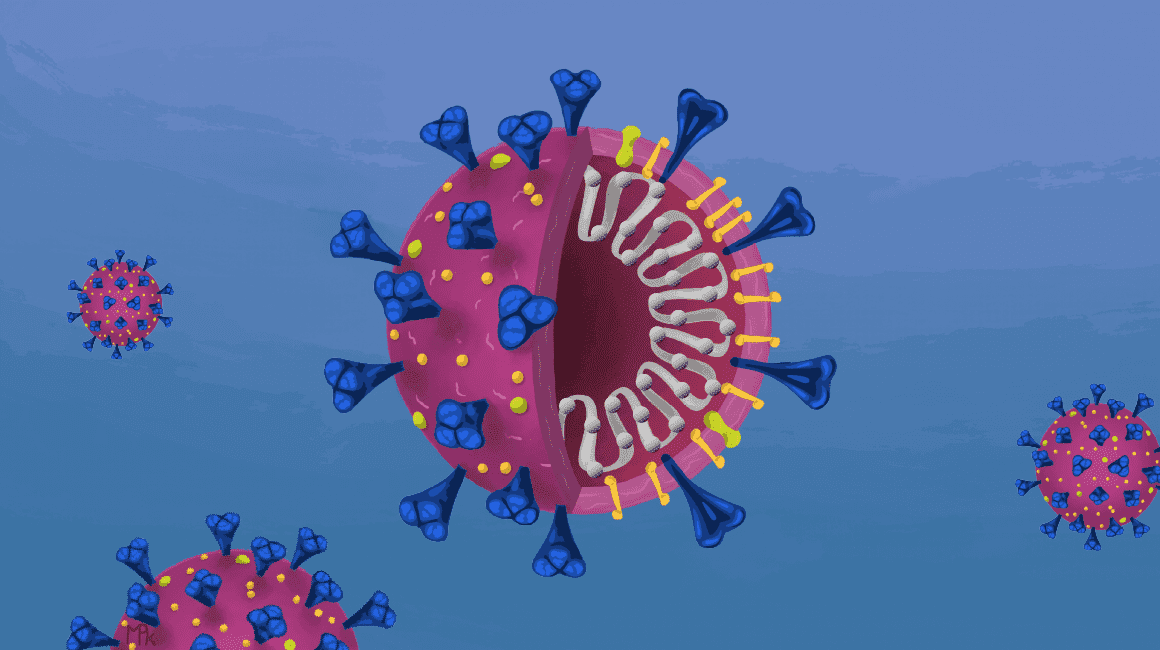The Department of Health (DOH) in the Philippines recently announced the lifting of all COVID-19 health protocols, following the termination of the public health emergency declaration by President Ferdinand Marcos Jr. This decision signifies a significant step towards returning to pre-pandemic conditions. However, it is essential to understand the context and implications of this development to ensure a safe and successful transition towards normalcy. This article aims to explore the details of the lifted protocols, expert opinions, and the government's reasoning behind this decision, all while emphasizing the importance of continued vigilance to combat COVID-19.
Lifting of COVID-19 Health Protocols
Health Secretary Teodoro Herbosa announced that all medical protocols related to COVID-19 in the Philippines have been lifted. The executive order signed by President Marcos Jr. in October the previous year mandated the use of face masks in various settings. These included healthcare facilities (clinics, hospitals, laboratories, nursing homes, and dialysis clinics), medical transport vehicles (ambulance and paramedic rescue vehicles), and public transportation by land, air, and sea. With the lifting of these protocols, the requirement to wear masks in these specific settings is now rescinded from a technical standpoint.
The Opinion of Expert Dr. Rontgene Solante
Dr. Rontgene Solante, an infectious diseases expert, expressed his views on the lifting of health protocols. He believed that it was time for the country to "move on" from the pandemic. However, Dr. Solante also cautioned that the removal of these protocols did not mean that COVID-19 had been eradicated. He stressed that the virus would continue to pose a threat until no more cases were reported. As a result, he advised individuals with COVID-19 symptoms and those residing in high-risk areas to continue taking necessary precautions.
Proclamation No. 297: Extension of COVID-19 Vaccine Authorization and Health Emergency Allowance
Under Proclamation No. 297, which lifted the COVID-19 public health emergency status in the Philippines, certain measures related to COVID-19 will remain in effect. The Emergency Use Authorization (EUA) for COVID-19 vaccines and the payment of outstanding dues for the Health Emergency Allowance will still be valid for one more year. This extension will allow for the depletion of remaining vaccine supplies, ensuring continued protection against the virus.
Reasoning Behind the Decision
President Marcos Jr. cited several reasons for lifting the COVID-19 health protocols in Proclamation No. 297. First, he highlighted the success of ongoing immunization efforts, which have contributed to the decrease in the number of COVID-19 cases in the country. Additionally, the decision was influenced by the country's sufficient healthcare system capacity and low hospital bed utilization rates. However, it is important to note that the President acknowledged COVID-19 as a "serious concern for certain subpopulations," indicating that specific vulnerable groups may still be at risk.
World Health Organization's Stand on COVID-19
The decision to lift COVID-19 health protocols in the Philippines comes months after the World Health Organization (WHO) declared that COVID-19 was no longer considered a global health emergency. However, the WHO's European office emphasized that the disease had not disappeared entirely, signifying the need for continued vigilance and preventive measures.
Current COVID-19 Situation in the Philippines
As of the latest update, the Philippines has recorded more than 4.17 million COVID-19 cases, with 5,199 active cases. Tragically, 66,542 people have lost their lives due to the disease. The first confirmed COVID-19 case in the Philippines was reported in January 2020, involving a Chinese woman who had traveled from Wuhan, China, where the virus is believed to have originated.
Conclusion
The lifting of COVID-19 health protocols in the Philippines marks a significant milestone in the country's fight against the pandemic. While this step signifies a gradual return to normalcy, it is crucial for individuals and private companies to exercise responsible behavior and judgment. Although the public health emergency has been terminated, COVID-19 remains a threat that requires continued vigilance and adherence to preventive measures. The extension of COVID-19 vaccine authorization and health emergency allowances will aid in ongoing efforts to protect the population. As we navigate through this transition, collaboration between government agencies, experts, and the public will be essential in managing and mitigating the impact of the virus.






No comments:
Post a Comment